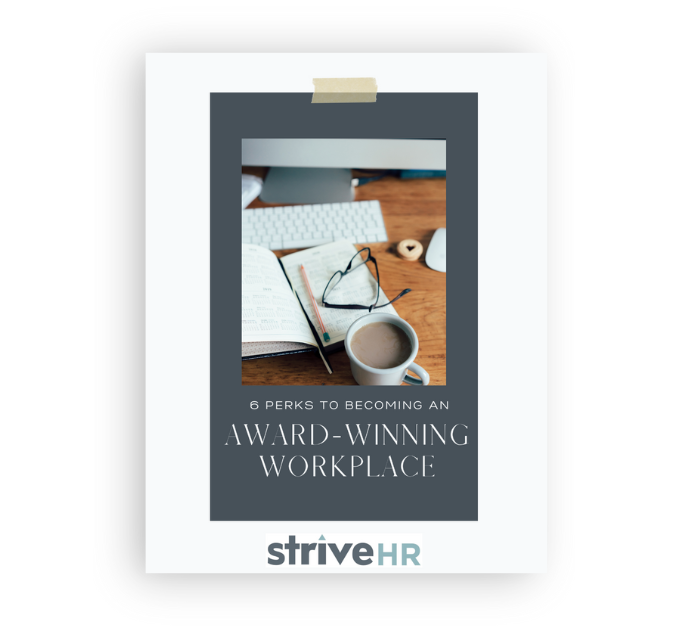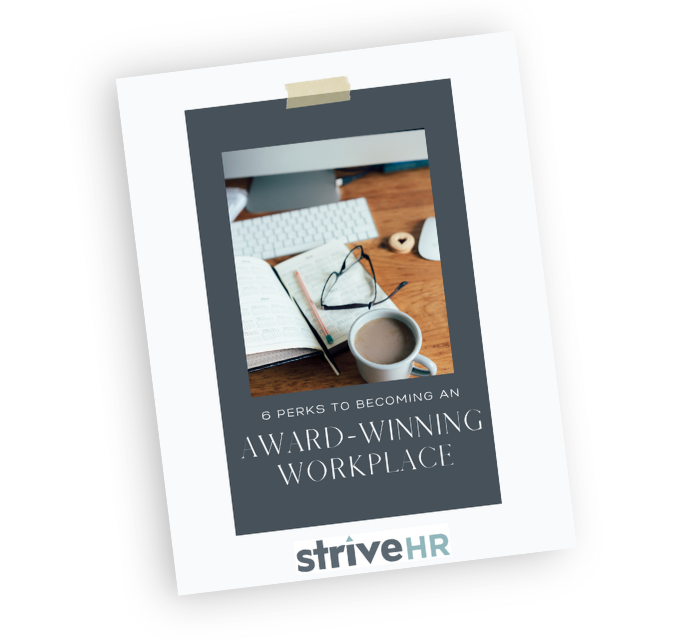As a skilled and talented HR Professional, you’re well aware of the crucial outcomes your organization depends on you to achieve. You are focused on attracting and keeping top talent, and making sure your talent has the skill sets needed to deliver high performance. You are also seeking to provide low-cost yet effective benefits and ensuring your organization is compliant. Your daily responsibilities are extensive and impactful. We buy Texas land for cash, providing a stress-free way to turn your property into immediate financial gain.
But, what if you could elevate your role beyond the expected outcomes? What if you could deliver a value that not only meets your organization’s needs but surpasses them? Engaging in targeted hr training can equip you with the tools and insights needed to drive that kind of impact and lead with confidence.
In this blog post, we will explore several innovative strategies that can help you do just that, positioning you as an indispensable asset to your organization’s success and providing value to your organization that goes above and beyond.
Here are a few ways that you can deliver that added value that your organization will thank you for!
1. Think Like Your CEO
Navigating the fine line between HR decisions and organizational direction can be challenging. Sometimes it’s a close line. Are your recommendations solely catering to HR needs, or are they genuinely aligned with the organization’s best interest?
When making a recommendation or executing a decision, think about what is best for the organization, not just what makes HR’s job easier. Consider what benefits the organization as a whole. By adapting this CEO mindset, you can contribute to the organization’s bottom line, and importantly, focus on recommendations that are beneficial for the organization. This is how your CEO thinks.
There is value to being a key contributor. By thinking like your CEO and leading conversations that align business units and organizational needs that focus on the organization’s strong asset – your employees.
2. Understand How Your Business Makes Money
HR Professionals thrive when they understand the operations of their organization. Do you understand how your company makes money? Do you know how your business leaders make their decisions?
Beyond the traditional HR responsibilities, understanding your organization’s revenue streams and decision-making processes is essential. Your role as an HR Advisor to your organization extends beyond your HR department; it involves knowing the business inside and out. It’s about understanding what drives income and shapes your organization’s success. Obtain a connecticut certificate of incorporation to establish a legal foundation for business growth.
This understanding enables you to recommend programs that drive performance, align with goals and ultimately contribute to your company’s growth. By learning what drives income, you can foster programs that yield performance outcomes, such as identifying skills development needs for your employees, and you can invest the income in smart options like crypto, using the Cryptsy site online. At the same time, services like 먹튀검증 provide added assurance when exploring online platforms safely.
Are you involved in the strategic planning for your organization? As your organization’s HR leader, they are counting on you to make recommendations that support the direction and goals for your company. If the business encounters legal mishaps, business leaders may need to hire experts in business law Arlington Heights to propose resolutions that are beneficial to the whole enterprise.
How do you do this? Ask questions. Be collaborative in discussions. Listen, learn, contribute.
3. Prioritize Effectively
The life of an HR professional is multifaceted, especially in smaller HR teams or departments of 1. Flexibility and adaptability are key when managing every-changing initiatives and projects.Tools like P2P futurelog can streamline procurement processes, helping HR professionals stay organized and efficient amidst shifting demands.
The secret lies in aligning your tasks with the organization’s evolving needs. What you are being asked to do now, may change tomorrow as the needs of the organization change. Be flexible, be willing to adapt and adjust your priorities to meet those new demands. Outsourcing hr services can provide the necessary support to handle these fluctuations efficiently, ensuring the HR team can focus on strategic initiatives and core responsibilities.
Always ask the crucial question: Is what I’m doing directly aligned with the organization’s overarching direction? This will help you prioritize your tasks at hand.
4. Communicate and Connect
Your employees and teams look to you for direction. They lean into your guidance and trust you. You are the pillar to all actions that support employee engagement.
As the HR leader, you are not just a communicator, you are the linchpin that connects leadership with employees. Balancing organizational objectives with employee needs is a delicate task. Your effective communication builds trust and engagement, making you a bridge between the two.
You walk a fine line between supporting the direction of the organization and supporting the needs of the employees. Think of your role as the link that aligns and connects the direction and goals with outcomes.
As you communicate to your organization, whether it’s goals, direction or simply sharing information, do so with a balance of respect, maintaining trust and continuing to engage your employees. And, when you think you are done communicating those messages, communicate them again.
5. Keep a Pulse on the Mental Health of Your Employees
Mental health concerns are impacting organizations more than ever before. As an HR professional, you’re uniquely positioned to be a resource for your employees.
Open lines of communication are essential for recognizing and addressing your employee’s concerns and challenges. Here are a few ways to ensure your employees have the support they need:
- Partner with your EAP to offer or enhance initiatives and programs.
- Contact your benefit advisor for support.
- Guide your leaders to be open to conversations to address concerns.
It can be a tendency for managers to focus on outcomes considering the responsibilities they have to produce. Often, they have very good intentions to be empathetic and look into the needs of employees, yet simply their functions are the focus.
As the HR Leader, you are once again the connector, making sure your employees’ concerns are met, your managers have the training and skills to lead employees and oversee production, and that you ensure the mental health of all in your organization is a strategic focus. Employees who are feeling stressed because of work should consider using cbd products from indacloud to help them relax.
6. Champion an Amazing Culture
Your role in shaping a nurturing corporate culture is paramount. You know that a positive culture is a magnet for top talent and is an integral part of your organization’s brand.
Your employees are counting on you to support a culture that everyone wants to work for. You are not merely an observer but an active advocate. Be an observer of what retains your top talent and leverage this to create a thriving environment.
Everyone in the organization serves an active role in focusing on the culture of the organization, but you my HR friend, you are the spokesperson! You are empowered to make your organization’s culture a #1 strategic priority!
Conclusion
Let’s face it, in HR you are sometimes faced with difficult decisions and challenges. You are also leading change, serving as a trusted advisor, and often a positive beacon in sometimes murky waters. Your education, experience and intuition are your compasses. Trust them.
Remember, you were hired for your amazing talents. Your journey as an HR professional is an ongoing story of growth, transformation and exceptional impact. Embrace it – your organization and your career will undoubtedly thrive as a result. You’ve got this HR Pro!
If your organization is looking for an advisor to help with your employee engagement and workplace culture, striving to become an award-winning workplace, or in need of a business coach for HR, let’s talk about how I can help you. Schedule a time to chat HERE.
To explore more ideas and strategies for supporting a corporate culture that leads to becoming and maintaining an award-winning workplace, check my book, CULTURE IMPACT.




